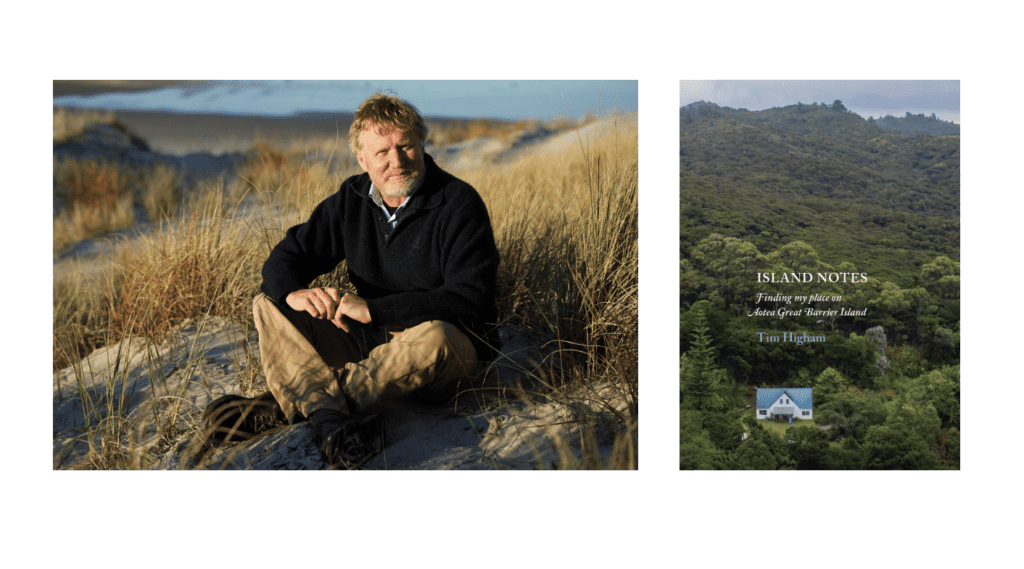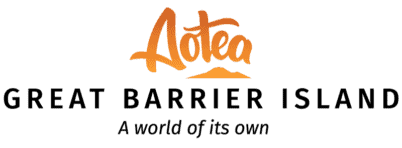
Recently I watched a near total eclipse of the moon.
I watched it from the bush clearing that surrounds my house.
The moon rose above the ridge about 9.30pm.
There were faint wispy clouds in the night sky. Through binoculars they scudded across the dark globe, trees on the far hill tugging at its bottom edge.
When the orb freed itself of the horizon, most of its face was cast in shadow, a slip of silver leaking from the top right margin and slowly winking out.
Around 10pm, this rock on which we all stand had blocked the sun and our moon reminded me of a poor attempt at Photoshopping; a ‘removed’ object still present behind gauze scratching.
I went inside the house a little lonely and disorientated by these strange times; imagined others down at the beaches, in the dunes with company and wider views, wondered about their observations and reflections?
Perhaps they noticed Matariki beginning its rise in the north-eastern sky below the blood micro-moon, the length of which had not been observed since the time of Kupe.
What people look for while stargazing has been the subject of a recent doctoral thesis, “Towards an Understanding of the Astro Tourist”, based on visits to Dumfries and Galloway in Scotland, where there is a Dark Sky Park, similar (but not as dark) as the Dark Sky Sanctuary we have here (reserved for the most remote and darkest places in the world).
Researcher Deborah Slater created a typology of people who came on the dark sky tours.
The first group she characterized as The Stellar Explorers, people who are passionate about astronomy and science.
The Transtemporal were interested in space and time travel.
Then there were the Inquisitors, interested in astrology, spirituality, extraterrestrial life and the occult.
The Collectors, ‘collect’ Dark Sky places, sites, reserves and islands, seeking challenge and excitement, while The Socialisers travel with family and friends and experience a new love for the stars.
Hilde Hoven and Deb Kilgallon who run Good Heavens on Aotea say only about 10-20 percent of their clients have a background or interest in astronomy. Most are Socialisers, for whom they suggest a sub-category “The Romantics: people that come stargazing with their loved one, for a proposal, anniversary or birthday”.
“Many appreciate the wellness that comes from being on Barrier … being in the here and now, without devices, often with extended families and stargazing is an experience they chat about for days after.”
In Island Notes: Finding my place on Aotea Great Barrier Island, being launched this weekend in Auckland, I explore ideas about what the true gift of this island might be.
A place where we might look back – as Paul Kingsnorth and Dougald Hine wrote in their Dark Mountain Manifesto – “upon the pinprick lights of the distant cities and gain perspective on who we are and what we have become”?
Wrestling with the consequences of human-induced climate change in The End of Nature (now recognised as the first popular book on the subject), Bill McKibben finishes with a camping trip. He looks to the night sky and realizes we must reach beyond human construct and pattern; that “the comfort we need is inhuman”.
The true gift of this island, I believe, is its wild heart, its untameability, its propensity to confound and disrupt our best laid plans and teach life lessons.
Here be a place that might make us humble. If we can just stop and wonder.
Written by Tim Higham, in collaboration with Destination Great Barrier Island.
You can join a livestream of the launch of Island Notes: Finding my place on Aotea Great Barrier Island by The Cuba Press and Lamplight Books on Saturday, December 4 at 3pm via Facebook – https://www.facebook.com/events/1783463785179025/ or YouTube – https://www.youtube.com/watch?v=VoB6AThU2ow.
Stargazing on Aotea is offered by Good Heavens (www.goodheavens.co.nz), Star Treks (https://startreks.kiwi) and through Motairehe Marae (www.motairehemarae.co.nz/ng257-whet363-o-aotea.html).

